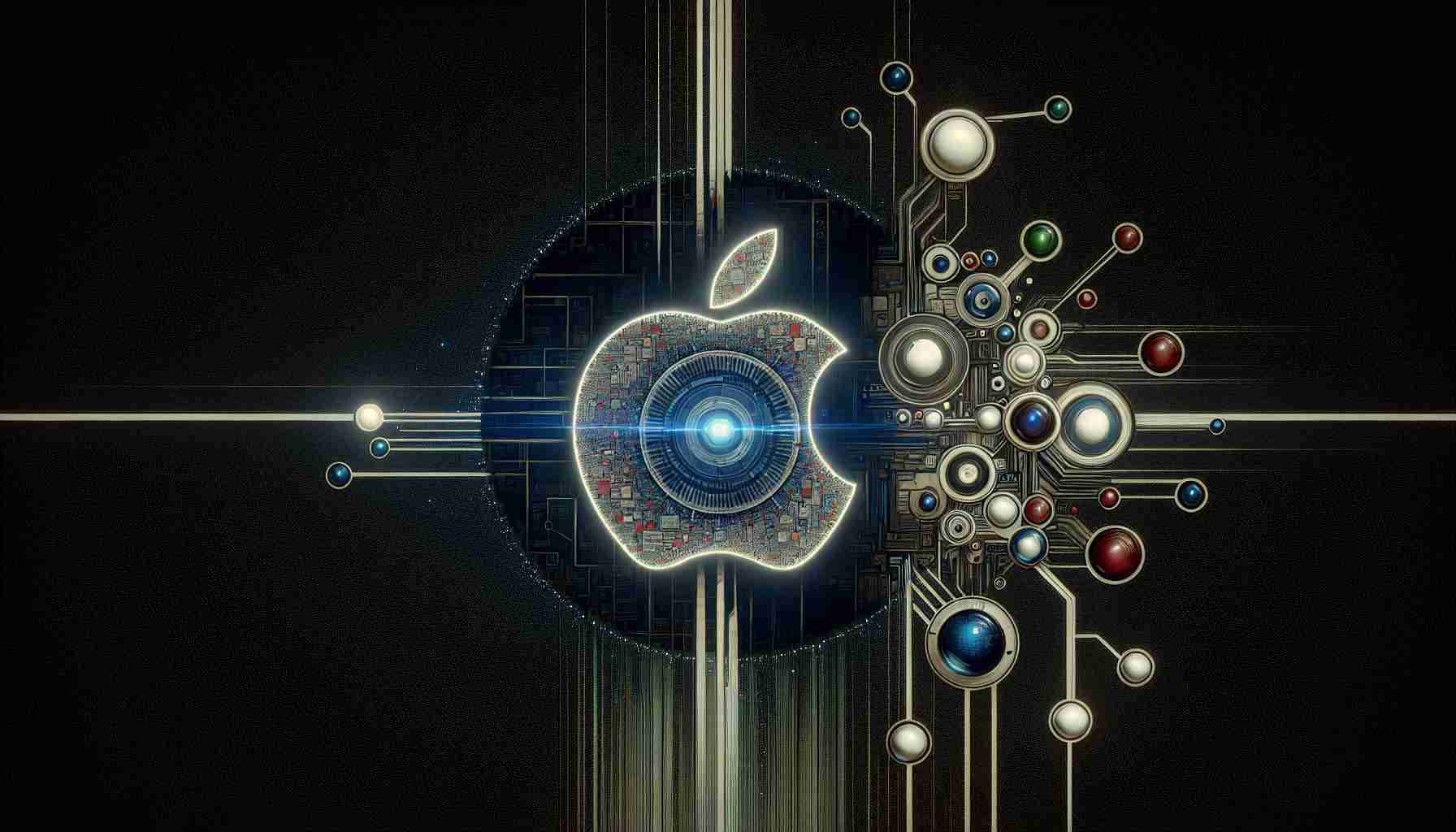Apple has finally joined the ranks of tech giants with generative AI, but their entry comes with a unique distinction. While AI usually stands for Artificial Intelligence, Apple has redefined it as “Apple Intelligence,” highlighting their cautious and meticulous approach that has been characteristic of their strategy across new ventures.
It was the dawn of the smartphone era 17 years ago when Apple’s iPhone began a revolution, leaving once-giants like Nokia in its wake as cautionary tales of innovation disruption. Today, as artificial intelligence transforms the global tech landscape, questions arise whether Apple’s cautious steps in AI might mirror a Nokia-like fate in this new age.
In the early hours of June 11, Beijing time, at WWDC24, Apple presented its AI initiatives, emphasizing a deep collaboration with OpenAI. The showcase included an array of AI-powered features, including smart assistants, email summarization, image editing, and automatic translation. However, as the presentation unfolded, Apple’s stock price took a tumble, closing at $193.12, a 1.91% drop, leading to a significant shrinkage in market value of approximately $57.8 billion.
Despite Apple’s efforts to innovate, their AI introduction did not seem to dazzle the capital market, as their offerings, while comprehensive, were not seen as fresh. The new AI capabilities were geared towards augmenting Apple’s existing apps rather than groundbreaking innovations. For instance, the iPhone’s text messaging now prioritizes notifications automatically, while writing tools assist in proofreading and summarizing.
Competition in the AI sector remains fierce. Rivals like Samsung have introduced similar functionalities in their Galaxy S24 earlier this year. OPPO and Xiaomi, among others, have also made significant strides in integrating AI into their user interfaces, showcasing abilities like real-time translation and productivity enhancements.
Where Apple stands out, though, is in the integration of AI within its ecosystem, particularly through Siri, which now leverages GPT-4 for enhanced user queries. However, Apple’s reluctance to pioneer its own deep AI technology seems evident, with the company opting for partnerships, such as with OpenAI, leaving some of its AI capabilities to external collaborations.
Returning to hardware roots might be crucial for Apple as it faces underwhelming iPhone and iPad sales. The future of Apple in the AI landscape remains a balancing act between leveraging its substantial user base to drive hardware sales and staying relevant in a fast-evolving tech ecosystem. With the upcoming release of products like the Vision Pro, Apple hopes to boost its desirability among loyal customers, while carefully progressing AI capabilities within its devices.
Important Questions and Answers:
Will Apple be able to catch up with competitors who have been leveraging AI more aggressively?
Despite its cautious stance, Apple is known for its highly integrated ecosystem, brand loyalty, and the capability to deliver seamless user experiences, which may help it compete effectively. Its collaboration with OpenAI and other strategic partnerships may also help drive its AI capabilities forward.
What are the potential risks of Apple’s collaboration with OpenAI?
The partnership could limit Apple’s control over its AI technologies, potentially making it reliant on third-party developments. Moreover, any mishaps or controversies associated with OpenAI could have ramifications for Apple’s reputation.
How is Apple addressing user privacy with the integration of AI functionalities?
Apple has historically emphasized user privacy, and it is likely to approach AI integration with the same level of caution, possibly limiting data collection and employing on-device processing to safeguard user data. Details on specific privacy measures taken with their new AI features would require additional information from Apple.
Key Challenges or Controversies:
– Innovation vs. Privacy: Apple’s reticence in AI innovation can be partly attributed to its strong privacy stance, which complicates the data collection that is often necessary for AI development.
– Collaboration Risks: Reliance on external AI technologies, like those from OpenAI, could place Apple at a disadvantage if these partnerships fail or if the technologies come under scrutiny.
– Market Reaction: The negative impact on Apple’s stock price following the WWDC24 AI announcement reveals potential investor skepticism about Apple’s pace or innovation in the AI space.
Advantages:
– Apple’s focus on privacy could build greater trust among users cautious about AI.
– Integration with Apple’s ecosystem can offer a more unified user experience.
Disadvantages:
– Potential to fall behind in AI innovation due to a cautious and slower approach.
– The partnership with OpenAI may limit Apple’s control over its AI destiny and may align it too closely with the fortunes and misfortunes of its partner.
Suggested Related Link:
If further information on Apple, in general, is required, their official website is a reliable source: Apple.com.
The details provided here aim to build upon the context offered in the article without distracting from the core message. By outlining additional considerations such as privacy, control over AI technology, and market perception, we gain a fuller picture of Apple’s position within the AI landscape.
